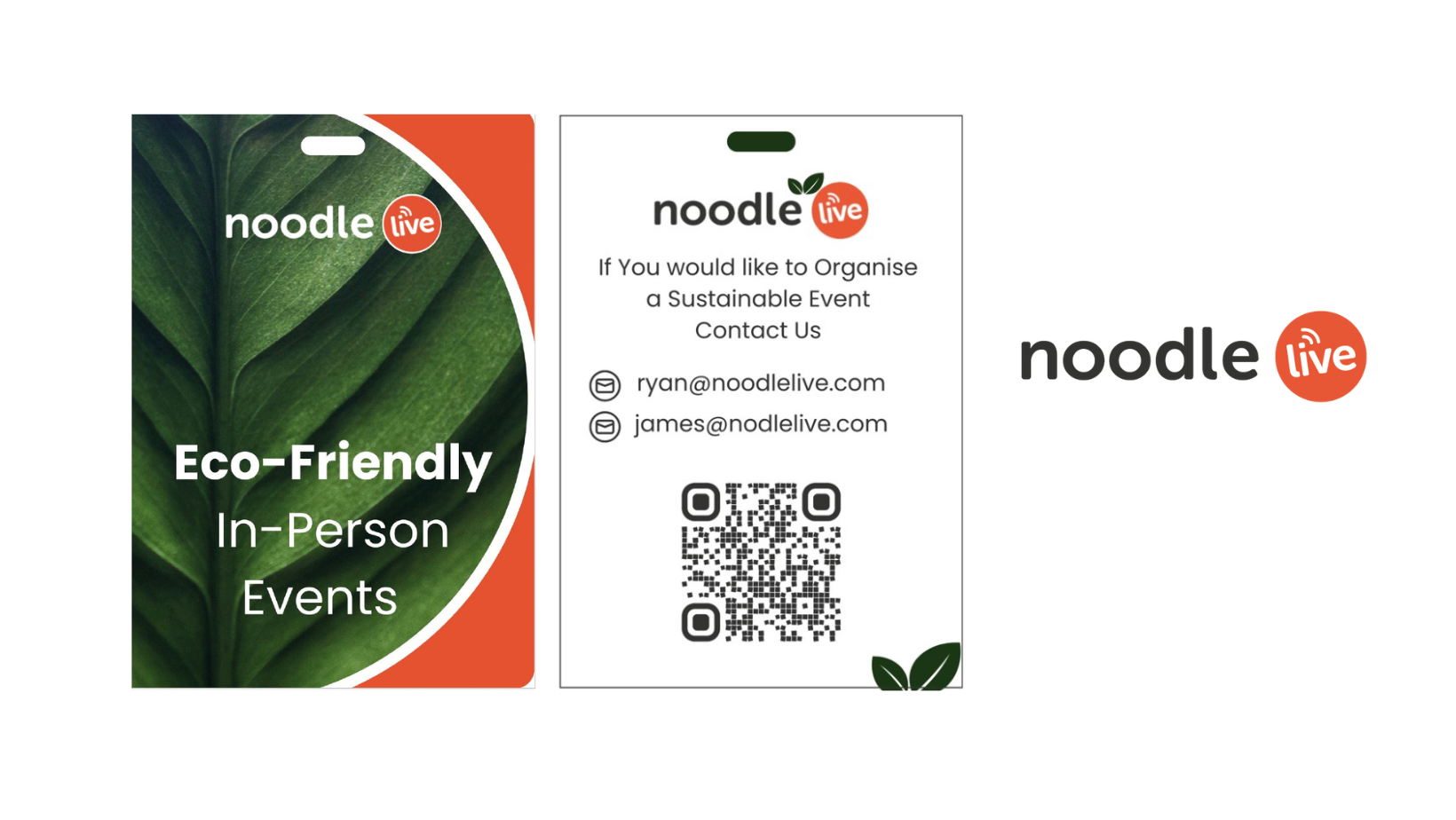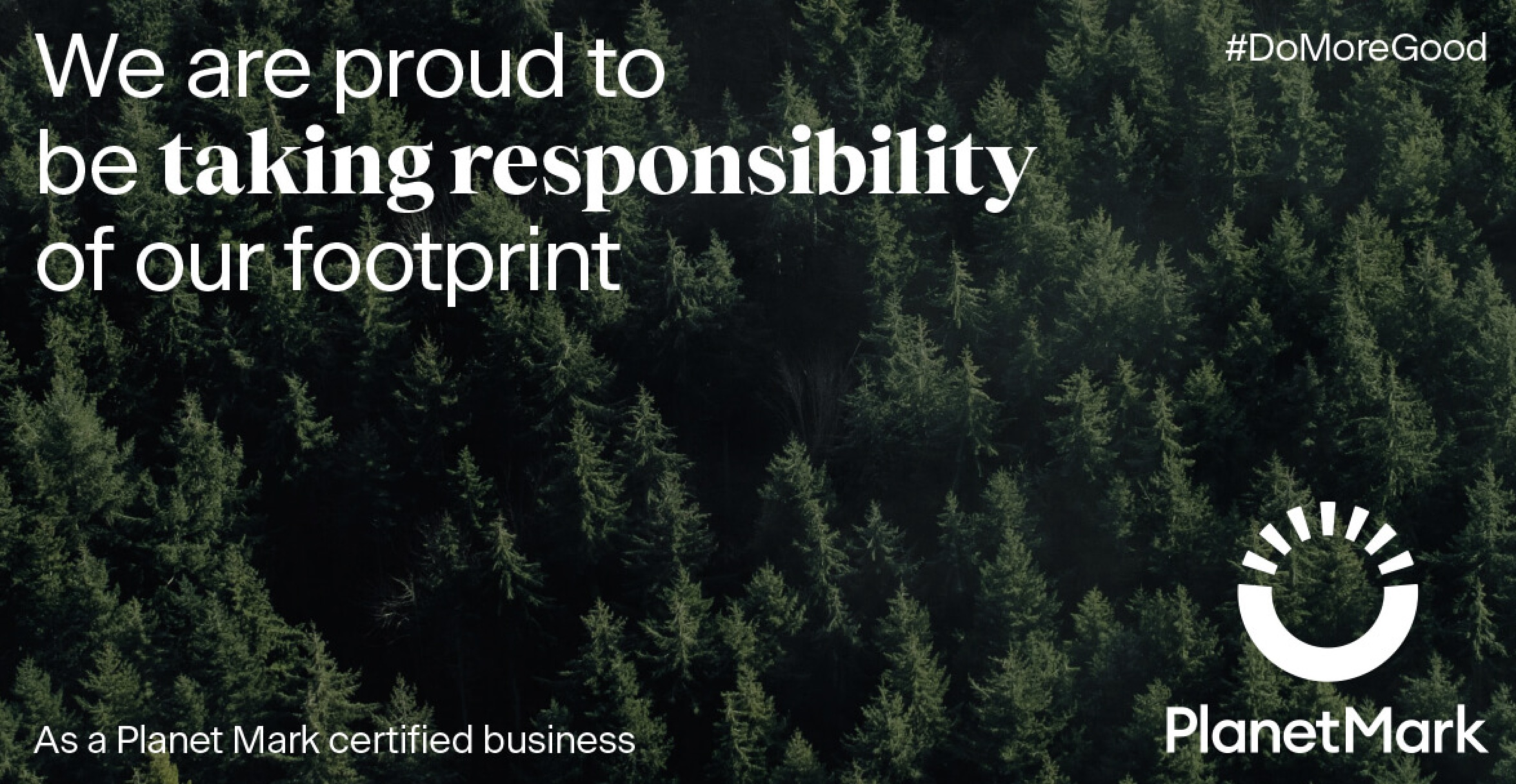88% of #EventProfs plan to use AI technology for their events this year.
Wowser. That’s a big stat. Time to get AI savvy!
Artificial intelligence is THE tech buzzword of the moment, and it’s set to be more than a passing phase. Major tech companies are rushing to invest in AI development. So why is it so important, and what does it mean for the events industry?
What is AI?
It’s actually surprisingly hard to define AI, and there are often debates over whether something qualifies as true AI or not. Broadly speaking, AI can be defined as any activity carried out by a computer or machine that a human would have had to apply intelligence to carry out. Most commonly this involves computer programs that can reason, problem solve, learn, or demonstrate creativity or social intelligence.
Within AI, experts differentiate between narrow AI, which covers most of the everyday operations of computers which appear largely unremarkable, and general AI, which is the form of artificial intelligence that grabs headlines and is beginning to disrupt the way we operate, from intelligent bag packing systems at Ocado headquarters, to intelligent robots who can hold a realistic human conversation.
Why is it important?
AI is set to be the next big disruptive force – meaning it could change the way we do business and live our lives, making many of our regular processes and systems more streamlined, and increasing the speed and capacity of many of our day to day systems. The hope is that AI could begin to shoulder a lot of the tasks and jobs that are time-consuming and repetitive for humans to perform.
Major tech companies are setting aside hefty investments for research and development of AI technology, including Google, who have stated that they are shifting their primary focus from mobile to AI.
Because AI has the potential to streamline systems so dramatically, the first companies to implement good AI solutions to everyday problems will gain a huge competitive edge.
How is AI being used for events?
AI is such an enormous category and systems that use AI are already being used in tech products across the events industry, from apps for events to data-mining solutions.
Ever been to a live event and had a chat with a robot assistant? That’s an AI-powered chatbot in action. Now, services such as morph.ai and ConfBot are helping event companies to create their own chatbots to help sell tickets, increase audiences and provide personal assistance. Selfiebot is a 6ft roaming robot tower that mingles through crowds at events, starting conversations with your guests and then capturing photographs, images or even videos of their reaction. A novel way to collect rich event feedback.
In other areas, Ticketmaster has announced that they are investing in Blink Identity, a company that uses facial recognition and claims to be able to identify a person who is walking past in half a second, even if that person doesn’t look directly at the camera. It’s a long way off, but facial recognition could be an interesting tool for event registration.
Wondering how AI could save you time and energy #EventProfs? Styckie is an example of an AI service that matches clients with potential vendors and suppliers. The simple AI service allows you to enter some details about the event you are organising along with your location and will provide you with a list of vendors that fit your criteria. Forget hours and hours or Google searches and spreadsheets!
What’s next for AI for events?
AI promises to offer improved attendee engagement and interaction with artificially powered information points and help assistants as well as hyper-personalised recommendations and suggestions.
Catering to an international audience? AI assistants are available 24 hours a day in the run-up to the event, so your delegates can interact with you and get the info they need, no matter what time zone they’re in.
Deep learning AI could take on the task of reading large data sets, such as footfall or registration numbers, and anticipating logistics such as catering numbers and seating requirements based on the data.
Chatbots are likely to connect to artificial matchmaking services that will learn a little about the needs of each delegate and then search through all of the exhibitors, sessions and workshops in order to make personalised recommendations. Just like the AI that Spotify use to recommend your next song, or Netflix use to recommend what to watch next, event AI could learn your tastes, interests and engagement style and suggest an itinerary for your time at the event.
Crowdshaping is another trend that could grow in importance for the live event industry. It’s the practice of gathering data about how your guests are behaving in order to understand the mood and atmosphere and then implement practical tools to shape that mood, eg changing the music or offering discounts on food.
Team Noodle’s View
Be aware of AI, but don’t panic.
AI is a huge tech trend, but there’s no need to start throwing money at it or briefing your IT department yet. The speed at which AI technology is developing is dizzying. The benefits for events could be huge, but we also need to be realistic. The events industry isn’t in a position to rush ahead with widespread systemisation and complete overhauls of company processes. A lot of the developments in AI for events will come from third party suppliers.
It’s likely that we will see some third party suppliers creating specific event tech and tools that uses AI to make events quicker, easier and more efficient to run, with greater possibilities for personalisation. That’s great news for the industry as a whole, and it will should be relatively easy to implement and embed.
At Team Noodle, we develop apps for events and RFID name badges for events. Want to know more about our event tech? Get in touch for a quick chat with one of our sales consultants.


